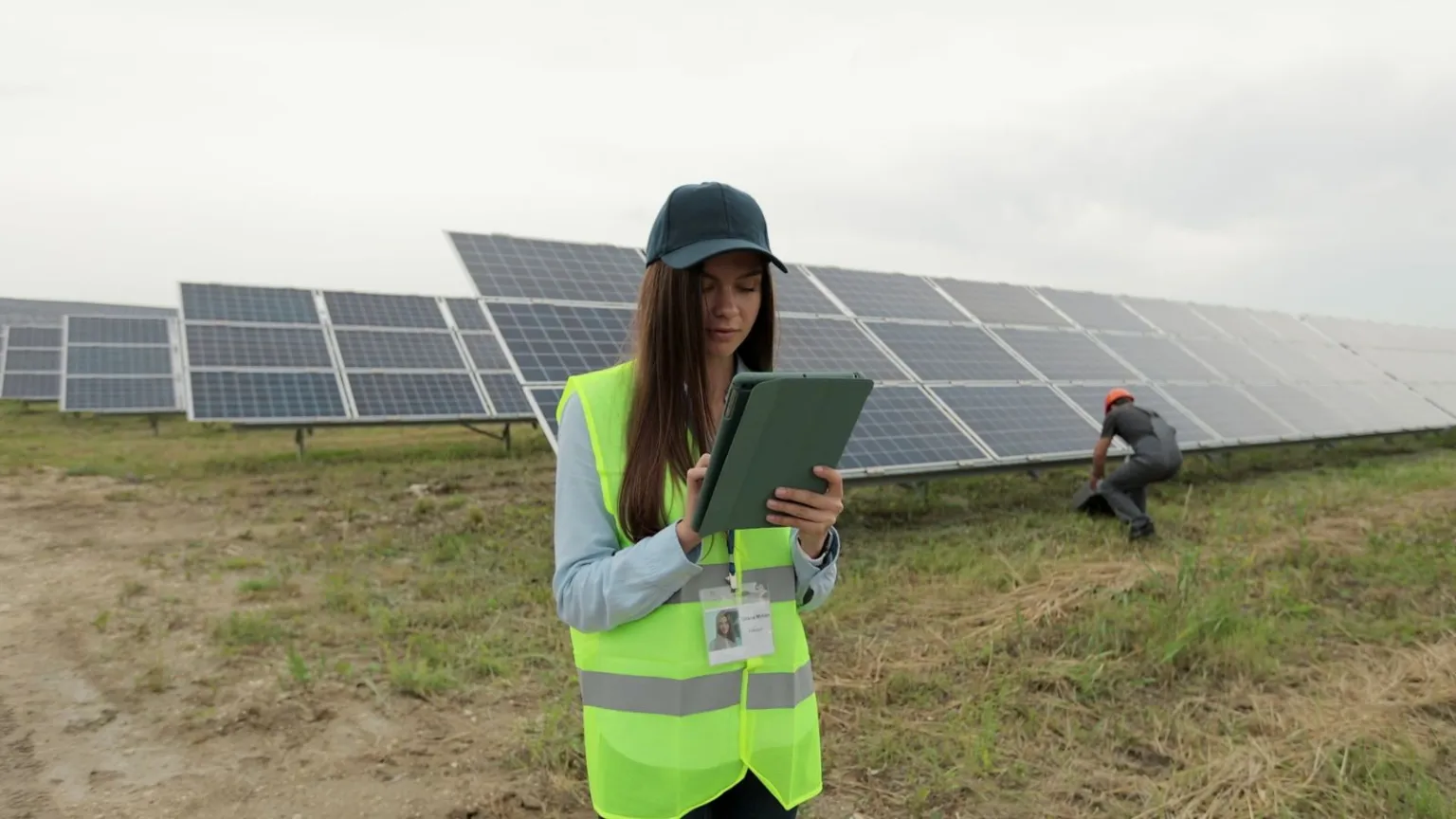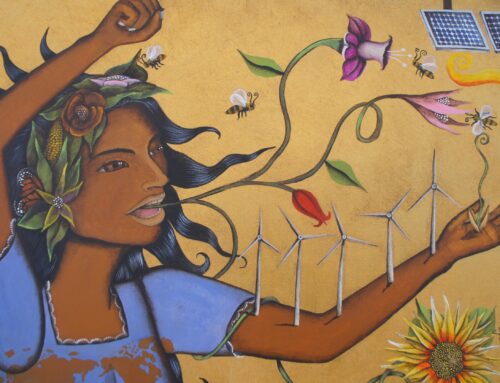The renewable energy industry is a much more diverse and inclusive sector than the traditional energy and fossil fuels sector. Thanks to its multidisciplinary dimension, solar employs proportionally more women than any other energy technology. Nonetheless, the vast majority of solar installers and service technicians are men, so women are likely to face discrimination or harassment at their workplace. In order to tackle these concerns, companies are encouraged to target the existing barriers to entry for women and underrepresented groups. Issues such as perceived gender roles, cultural and social norms, and discouraging workplace practices are being addressed through adequate diversity and equity trainings for all staff. The International Renewable Energy Agency (IRENA) estimates that the number of jobs in renewables could increase from 10.3 million in 2017 to nearly 29 million in 2050. Therefore, the sector represents a major opportunity for sustainable development and for women’s employment. Gender-blind energy sector policies and programs fail to integrate women’s experiences and expertise, and risk worsening the gender gap in the energy access context. Hence, it is important to ensure that women’s contributions, their skills and views represent an integral part of the growing industry.
Photo Credit: N/A






